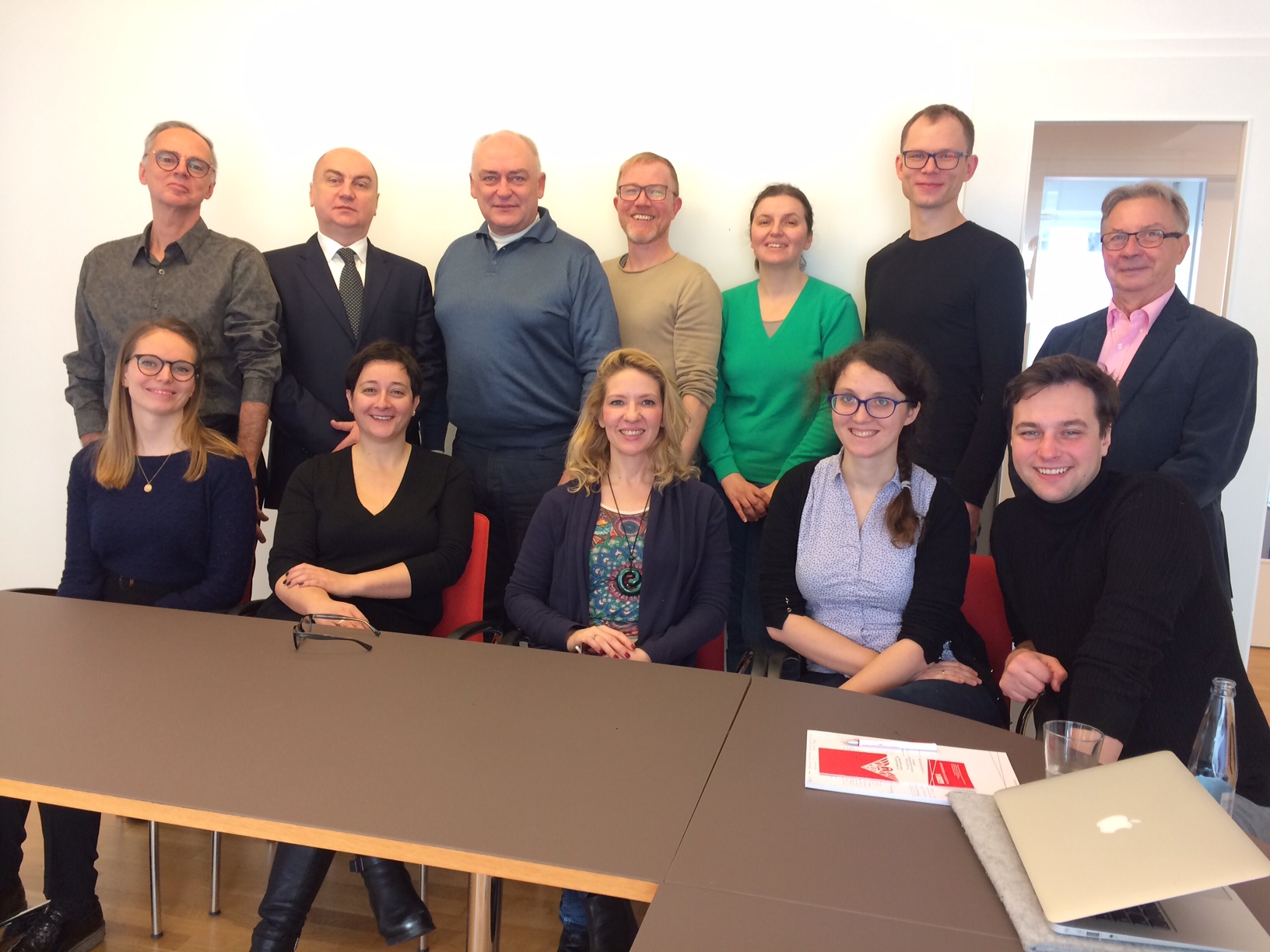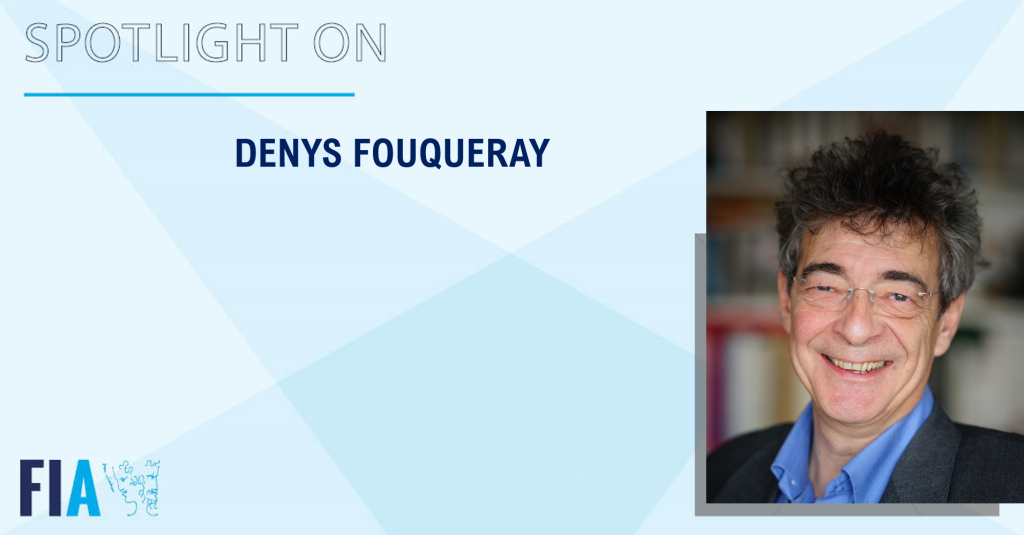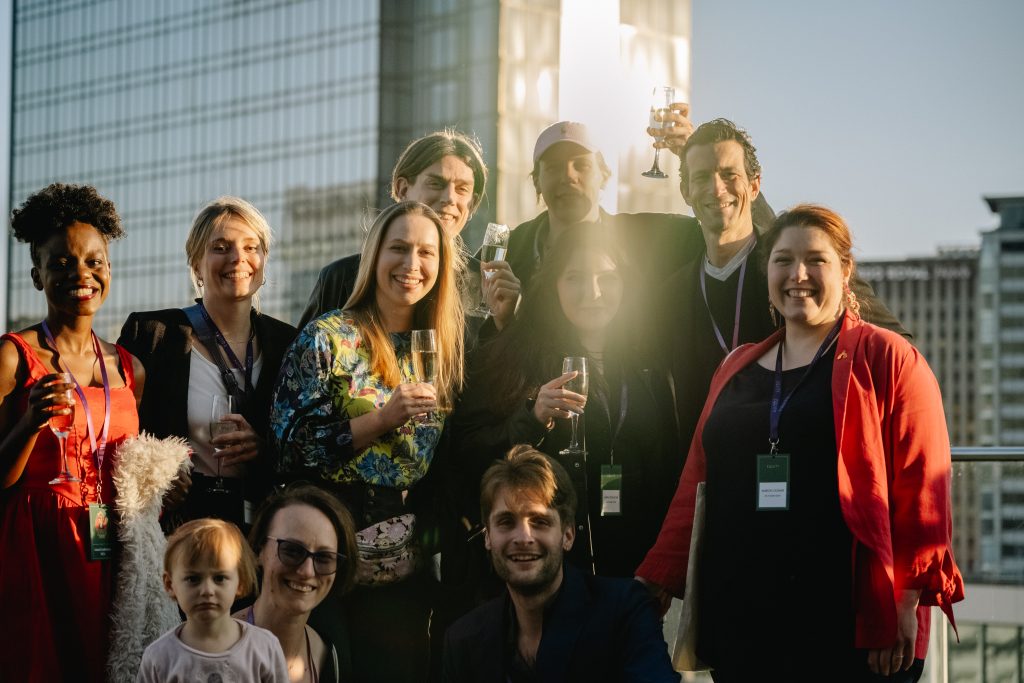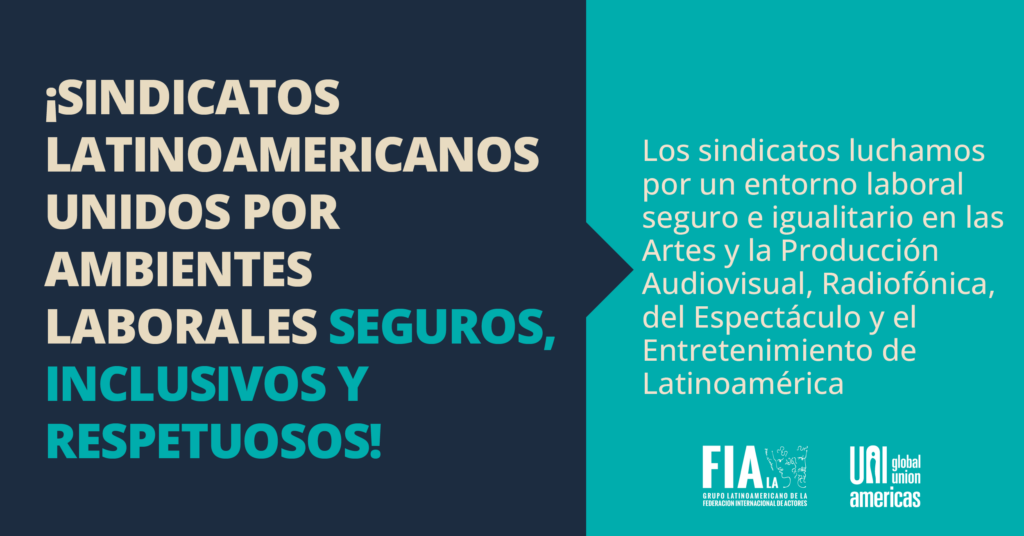The third study visit of the EU project "Building Social Dialogue in a Changing Labour Market: Peer-learning and Capacity building for Central and Eastern European Workers’ Organisations Representing Performers" took place in Hamburg, Germany, on the 16th and 17th of December 2019.
The aim of this EU project is to allow tailored capacity building of performers’ unions in Central and Eastern European countries (CEE) through study visits and thematic exchanges. It should make a concrete contribution to developing social dialogue in the countries of the participating unions and to enhancing social partner actions in relation to working conditions, occupational health and safety, access to social protection, gender equality and combatting sexual harassment. Overall, the project is aiming to help these unions develop their national work and strategy.
To this end, the group of representatives from the participating unions is undertaking a series of study visits to sister unions across the EU – in Denmark (DSF), the UK (Equity), Germany (GDBA), the Netherlands (Kunstenbond) and Sweden (TF) – to develop mutual learning and capacity-building, drawing on successful strategies and approaches in the other countries.
After DSF in June and Equity in September, the group visited GDBA, in Hamburg. The representatives from unions from Croatia, Estonia, Hungary, Latvia, Poland, Romania and Slovenia met with Jörg Löwer, GDBA’s President as well as with Christine Stein, lawyer, and Konstanze Roubal, head the members office.
On the first day, Jörg Löwer started with a general presentation of the German infrastructure and of the history of theatre organising in Germany. He presented GDBA’s structure and its functioning. Founded in 1871, GDBA is one of the oldest performers’ union in Europe. It represents stage artists and association professions in Germany. Jörg spent some time explaining the social protection system for performers and the issues it represents for short-term employment and self-employed. He also mentioned some of the GDBA recent successes: the inclusion of guest contracts in the collective agreement, its fight against bogus self-employment and its support for the social security of self-employed. Finally, Jörg presented both the German Theatrical Pension Fund and Artists’ Social Welfare Fund. On the second day, Jörg gave a detailed presentation of the Normalvertrag Bühne, the collective agreement between GDBA and Deutscher Bülnenverein, the Association of German Theatres. The afternoon was dedicated to discussion with two of GDBA staff members: Christine Stein, lawyer, and Konstanze Roubal, head the members office
Thanks to the information, examples and good practices gathered during the different study visits, the participants from the CEE countries will prepare national strategic plans for their unions in the short, medium and long terms.
The fourth study visit of the project will take place in Amsterdam on 16-17 of March 2020.





